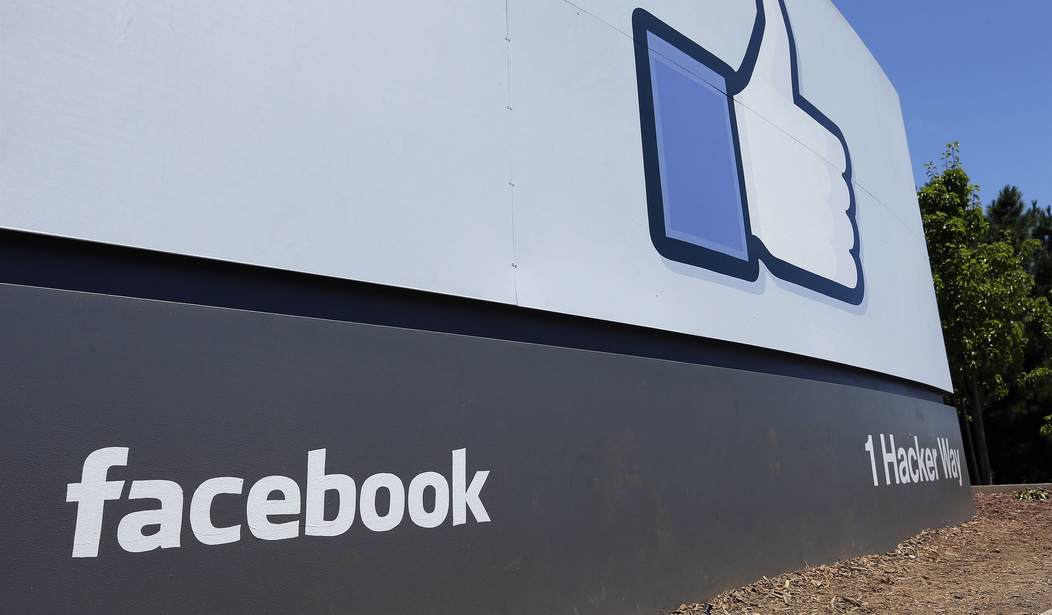Back-to-back Senate Judiciary markups last month saw proponents of two heavy-handed bills, the American Innovation and Choice Online Act (AICO) and the Open App Markets Act (OAMA), have urged lawmakers to simply vote in favor of their legislation while making promises to work to improve the legislation at a later date. This runs counter to lawmakers’ duty to perform due diligence and engage in robust debate on potential issues for taxpayers and consumers. Abandoning this approach risks putting consumers in harm's way for political points.
BothAICO andOAMA attempt to target Big Tech, but would have major concerning implications for consumer privacy and would negatively impact consumer conveniences. This includes banning “self-preferencing” for large tech companies. This means, for example, that Amazon would not be able to sell their Amazon Basics products on their platform or offer expedited free delivery. OAMA, a bill designed to target Apple and Google’s App Stores, would create an interoperability mandate that would put consumers' security and privacy at risk. Overall, these bills both carry serious tradeoffs and consequences for consumers, but despite this, they both have flown through a flawed process.
Proponents of these legislative proposals argue both that there have been hearings to discuss these bills. Strangely, one Senator even suggested during the markup that they did need a Senate hearing on the legislation because the House held a hearing on a different version of the bill. Anyone who has followed tech policy can tell you there have been nearly nonstop hearings in Congress on content moderation, antitrust, privacy, and other technology-related topics. However, a hearing on a general issue is not the same as a hearing on specific legislation, where lawmakers are able to debate and try to better understand the full ramifications and language of the bill.
In an odd contradiction to this argument, Senator Dick Durbin (D-IL, Chair of the Senate Judiciary Committee, argued that hearings on specific legislation are unnecessary, pointing to past examples of Senate markups without hearings. While it may be true legislation has moved out of committee without a hearing on the bill beforehand, that does not mean this should become the norm or that it is the best process for taxpayers and consumers. As Senator John Cornyn (R-TX) correctly pointed out, not all bills are created equal.
Recommended
Lawmakers who voice concerns about this rushed process have been disparaged as being in the pocket of technology companies. This is not a unique line of attack. Organizations who attempt to improve legislation, even without taking a position on the overall bill, face similar lines of criticism. Disappointingly, some of the most vocal proponents of reining in Big Tech have measured the effectiveness of their bills in terms of the pushback they receive. This unfortunately leads to legislation that focuses on quashing technology companies and bolstering competitors rather than the true goal of competition policy — protecting consumers and competition.
There were over a hundred potential amendments in the AICO markup, and there were several more in the OAMA mark up, but only a handful were even considered by the committee. Some Senators urged their colleagues to hold off on their amendments and work in private to improve the bill. In essence, “vote yes now, and the bill will look different next time you vote on it.” Lawmakers want to do something about Big Tech, and they want to do it quickly. However, the rush to get a technology-focused bill signed into law should not override the duty of the Senate to deliberate, especially considering the lack of possibilities for potential improvements once a bill is moved out of committee.
Under both Democratic and Republican Congresses, the floor process to adopt amendments has become increasingly restricted, limiting the ability for most lawmakers to substantially alter legislation before it is voted on. Once a bill is out of committee and moves to a vote on the floor, it is uncommon for the legislation to be meaningfully changed through amendments. The committee is, in part, responsible for improving the legislation through the hearing and mark up process. This includes determining the scope of the legislation, the goals, and possible implications for consumers and taxpayers. These discussions have been sorely lacking as it relates to these specific bills.
In 2010, Speaker Nancy Pelosi (D-CA) came under criticism for stating of the Affordable Care Act, “we have to pass the bill so you can find out what’s in it.” Now, a similar approach is being taken to target technology companies. As Americans are recovering from the COVID-19 pandemic, the importance of technology has taken on a heightened importance. Legislation that could risk their online security and privacy should be taken seriously and debated openly. Especially considering what the legislation would do versus what proponents argue the bill is meant to do can vary drastically.
Taxpayers and consumers deserve to know what the trade-offs are in any legislation, and lawmakers should ensure these conversations are taking place under public scrutiny. Relying on a promise to improve the legislation after a markup is complete ignores the realities of the amendment and Senate process. Lawmakers who want to hold Big Tech accountable should hold themselves to this same standard and have an open, transparent debate on the impacts of these complex legislative topics.
Will Yepez is a policy and government affairs manager for the National Taxpayers Union, a nonprofit dedicated to advocating for sound tax policy at every level of government.

























Join the conversation as a VIP Member